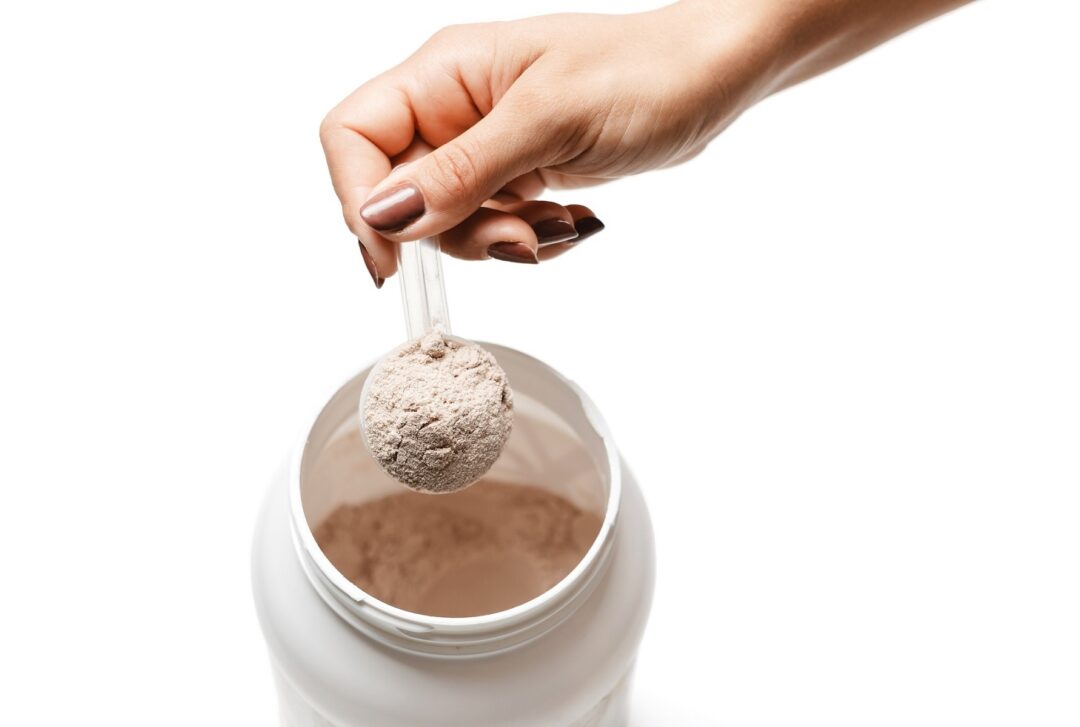Contents
- 1 Why Is Protein Powder So Expensive?
- 2 Tips to Identify if The Cost Matches The Value
- 3 Frequently Asked Questions
- 3.1 Why should individuals assess the cost versus value of protein powder?
- 3.2 How does checking the ingredient list help in evaluating the quality of protein powder?
- 3.3 Why is brand reputation an essential factor to consider when choosing protein powder?
- 3.4 What role does protein content per serving play in selecting the right protein powder?
- 3.5 How do additional benefits like added vitamins or enzymes influence the decision-making process for choosing protein powder?
Why Is Protein Powder So Expensive?
Protein powder can seem pricey for several reasons, reflecting a combination of production costs, ingredient quality, brand positioning, and market demand. Here’s a breakdown of the factors contributing to the cost:
1. High-Quality Ingredients
Protein powders often derive from high-quality sources like whey, casein, or vegan alternatives such as pea, rice, or hemp protein. The process of isolating protein from these sources while maintaining its nutritional integrity can be expensive, especially for organic or non-GMO options.
2. Manufacturing Process:
The production of protein powder involves several steps, including extraction, filtration, and flavoring, all of which require specialized equipment and technology. Additionally, ensuring the product is free from contaminants and meets regulatory standards for supplements adds to the cost.
3. Brand and Marketing:
Part of what you pay for is the brand name. Companies invest heavily in marketing and branding to differentiate their products in a crowded market. This includes advertising, packaging, and sponsorship of athletes or fitness influencers, all of which are factored into the final price.

4. Research and Development:
Developing a product that stands out requires investment in research and development (R&D). This R&D can involve creating unique flavor profiles, improving nutritional content, or ensuring the product integrates well with different diets (e.g., keto, vegan). The costs of these innovations are reflected in the pricing.
5. Certifications:
Protein powders that come with certifications such as organic, non-GMO, or those indicating they’re free from banned substances for athletes, often have higher prices. These certifications involve rigorous testing and standards, leading to additional costs.
6. Distribution and Retail Markups:
The price also includes markups from distributors and retailers. Each step in the supply chain adds a margin to cover costs and profit, which can significantly increase the final retail price.
7. Economies of Scale:
Smaller companies or those offering niche products may not benefit from economies of scale to the same extent as larger producers, leading to higher prices due to lower production volumes.
Tips to Identify if The Cost Matches The Value
When assessing the price of protein powder, it’s essential to ensure that you’re getting your money’s worth. Here are some tips to help you determine if the cost aligns with the quality and value you seek:

- Check the Ingredient List: Inspect the label for high-quality components like real vanilla, monk fruit, or premium proteins such as whey isolate. These indicate a product of superior quality worth the investment.
- Research the Brand Reputation: Look into the manufacturer’s background, customer reviews, and product testing procedures. A reputable brand with positive feedback and transparent practices often justifies a higher price point.
- Evaluate the Protein Content: Compare the amount of protein per serving with the overall cost. Opt for products that offer a significant protein content without excessive fillers or additives, ensuring you’re paying for what matters most.
- Consider Additional Benefits: Some protein powders come fortified with essential vitamins or digestive enzymes that enhance overall nutrition and absorption. If the product offers added value beyond protein, the cost may be justified for your health goals.
Frequently Asked Questions
Why should individuals assess the cost versus value of protein powder?
To ensure they are getting a high-quality product that meets their nutritional needs effectively and supports their fitness goals without overspending unnecessarily.
How does checking the ingredient list help in evaluating the quality of protein powder?
By looking for high-quality components, individuals can ensure they are not consuming unnecessary fillers, additives, or potentially harmful ingredients that may compromise the product’s overall value.
Why is brand reputation an essential factor to consider when choosing protein powder?
Researching the brand’s transparency and feedback helps individuals determine if the product is trustworthy, reliable, and backed by positive reviews and experiences from other consumers.
What role does protein content per serving play in selecting the right protein powder?
Evaluating the protein content allows individuals to gauge the product’s nutritional value and effectiveness in meeting their protein intake goals, ensuring they are getting an adequate amount per serving.
How do additional benefits like added vitamins or enzymes influence the decision-making process for choosing protein powder?
Considering extra features can help individuals choose a product that not only provides protein but also offers added nutritional benefits that support overall health and wellness, making it a more well-rounded choice for their fitness journey.

Hello, I’m Ravindra. Over the years, I’ve immersed myself deeply into the world of fitness and health, transforming both my body and mind. Writing has allowed me to share my journey, insights, and expertise with those just starting out and seasoned fitness enthusiasts alike. Beyond just routines and diets, I believe in inspiring others to adopt a holistic approach to well-being.

